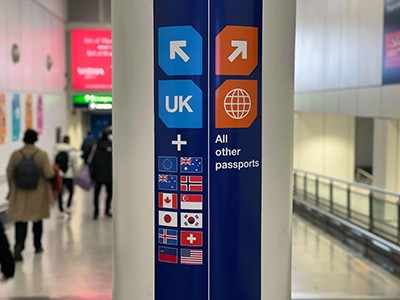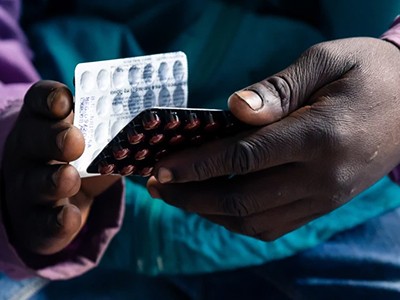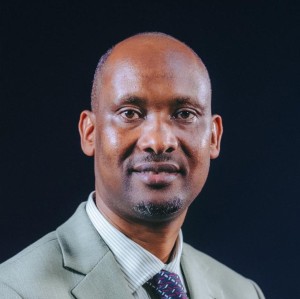This week, science-policy specialists from around the world are gathering in Kigali for the fifth conference of the International Network for Governmental Science Advice (INGSA). It’s the first time that Africa is hosting the meeting, and this year’s event marks ten years since INGSA was founded and began helping to shape the global discourse on evidence-informed policymaking.
There has been much to talk about. The past decade has seen the advent of the United Nations Sustainable Development Goals, which have shown the need for improved evidence-supported processes to address global challenges and the huge societal transformations we have come to realize they require. The world is also seeing a rapid transition to a data-driven ‘fourth industrial revolution’ powered by technologies, such as artificial intelligence, that have the potential to disrupt not just markets, but the foundations of humanity, too.

Citizenship privilege harms science
In Africa and many other parts of the world, impediments to growth and development include poverty and food insecurity, unemployment, gender inequality and inequity, limited opportunities for rural-to-urban migration, and inefficient use of land and other productive resources. Combined with ongoing economic recessions and the all-encompassing urgency of the climate and biodiversity crises, these problems present challenges to infrastructure, institutions and ecosystems worldwide.
But the current circumstances also offer an opportunity for African nations. By capitalizing on its strengths and learning from mistakes made elsewhere, Africa can lead the charge in promoting sustainable innovation. The journey should start in Kigali, with an increased political commitment to embrace evidence, empower young African leaders, foster collaborations within and beyond borders, and adapt to digital innovations that aid systemic change.
Despite — or perhaps because of — its challenges, Africa is already a hub for sustainable innovation. Take the field of food systems, in which I work. Resilient agroforestry and climate-smart agricultural practices, including those using traditional methods such as flood-recession farming, have boosted food security. Business-oriented nutrition models have helped communities to diversify food sources, improve nutrient intake, increase productivity and boost incomes.

AI can help to tailor drugs for Africa — but Africans should lead the way
African researchers often know what is needed, and how and when implement it. But change can be impeded by over-reliance on innovations designed in other countries, and by a limited capacity to adapt imported science and technologies to local contexts. What we need is ‘supported independence’ of science and innovation in Africa, with the aim of designing innovations that work for us.




 AI can help to tailor drugs for Africa — but Africans should lead the way
AI can help to tailor drugs for Africa — but Africans should lead the way
 Africa’s postdoc workforce is on the rise — but at what cost?
Africa’s postdoc workforce is on the rise — but at what cost?
 A fresh start for the African Academy of Sciences
A fresh start for the African Academy of Sciences
 Citizenship privilege harms science
Citizenship privilege harms science





